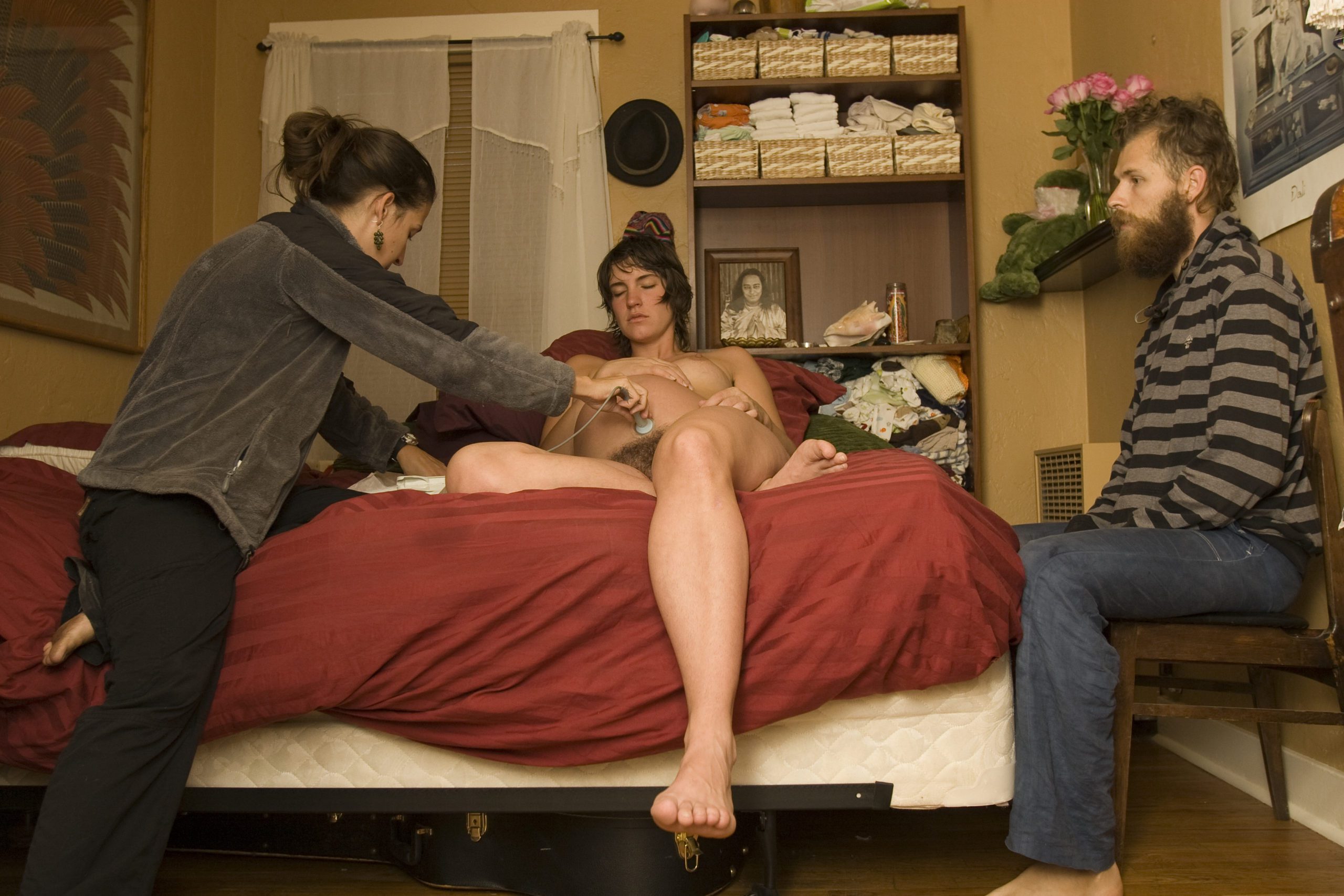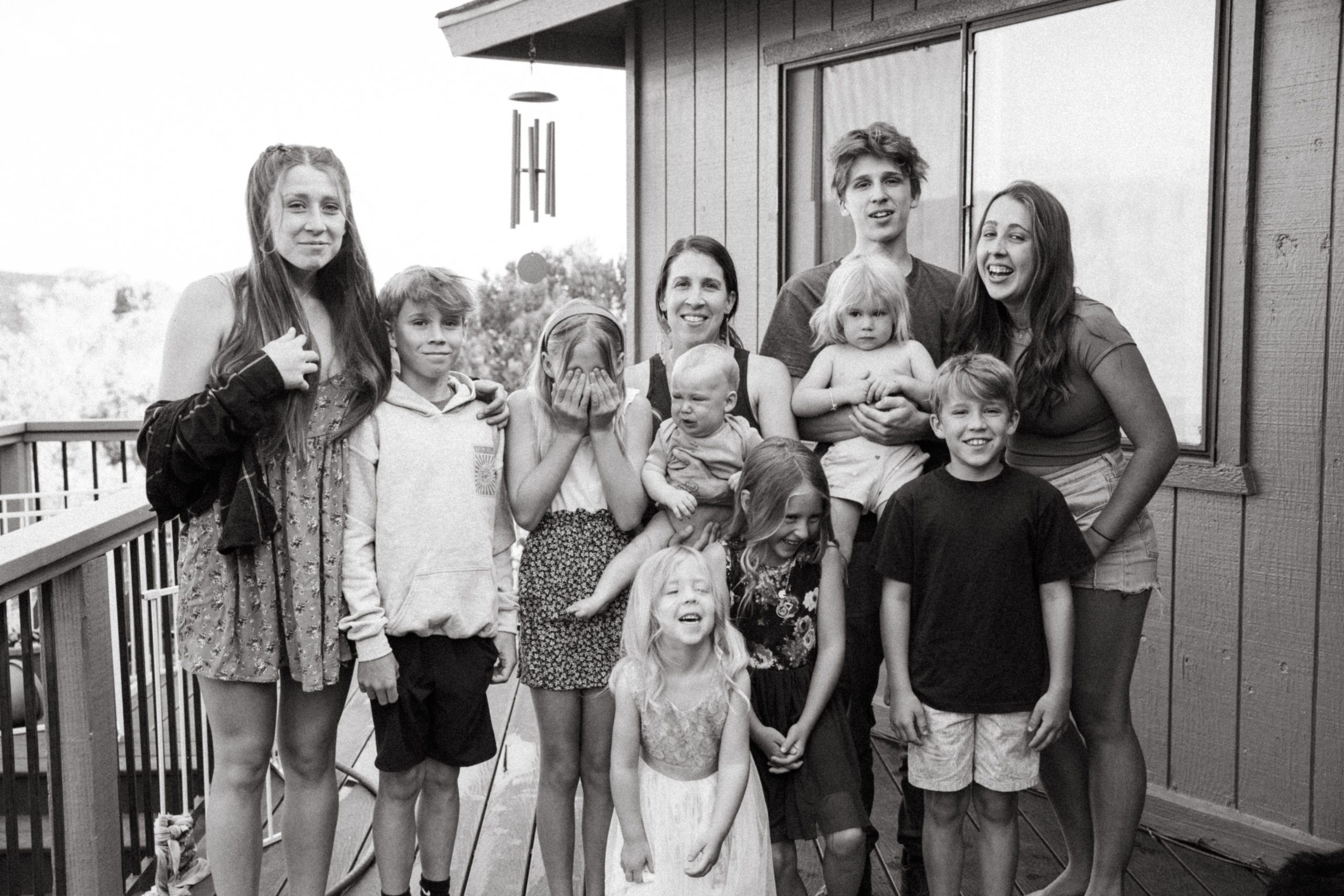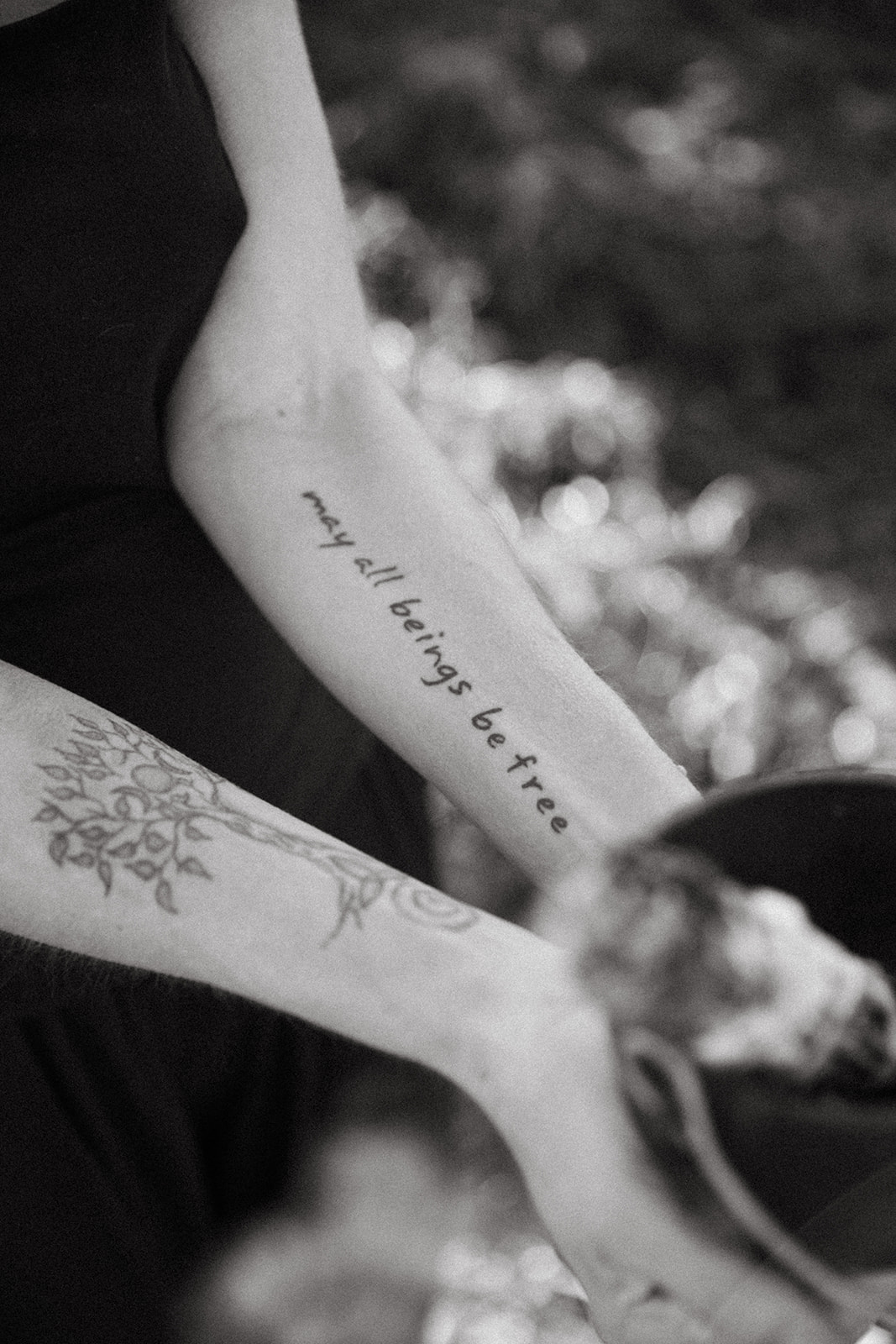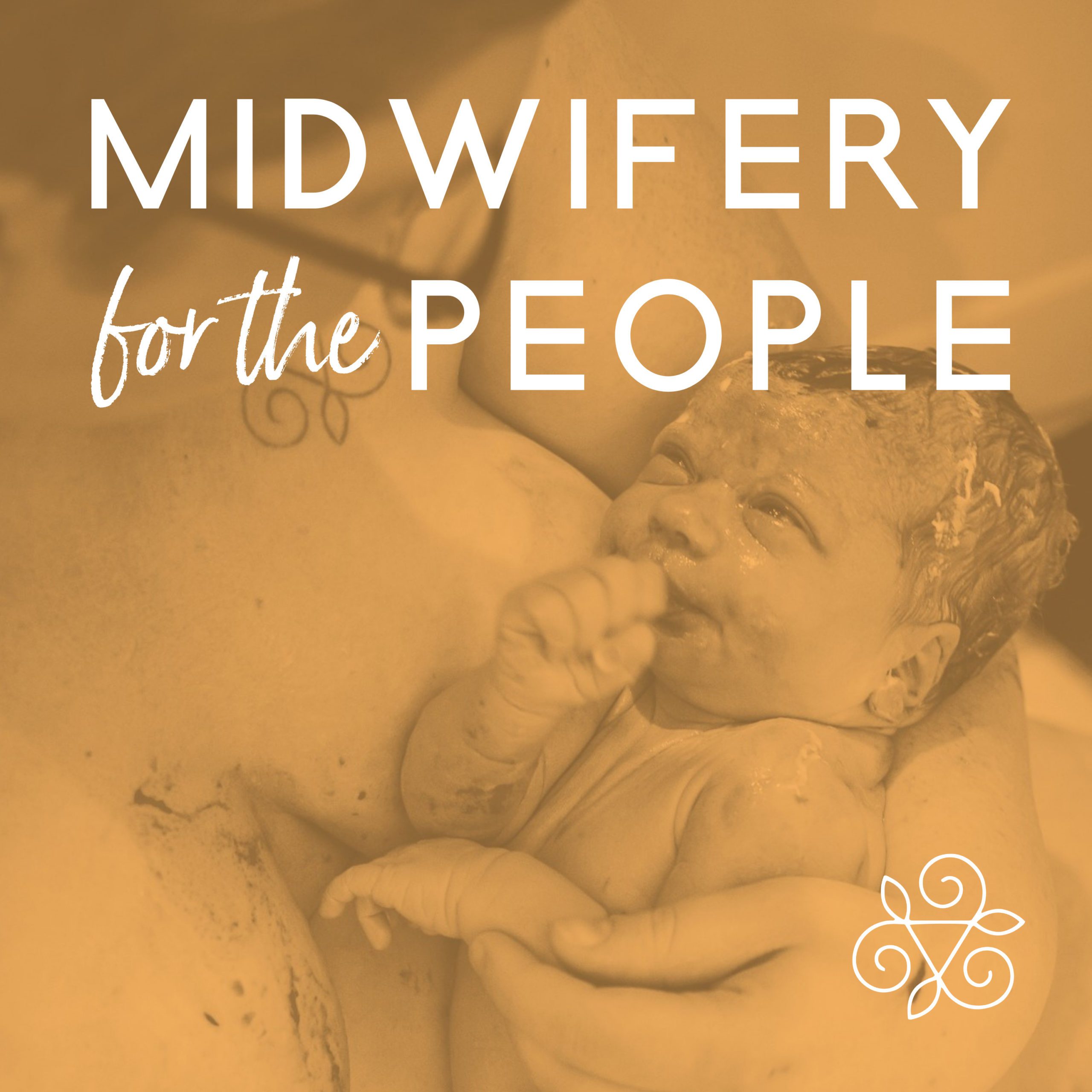On my morning walks I have been listening on Audible to the book Braiding Sweetgrass and I really highly recommend. It is an amazing book for anyone who is interested in living in a way that is more harmonious with the Earth.
So the chapter I was listening to recently was about the question “how do we become Indigenous to place?”. That question was kind of the centerpiece to of a lot of the thinking I did around ten years ago. When I was in graduate school for a short time, my partner was in the Sustainable Communities Master’s program and so he and I would have a lot of these conversations. I’m sure this book is required for those classes now because it’s just so beautiful and rich and full of amazing information.
It has really has helped me think in different ways and in more depth about what it is we do here at Indie Birth. Yesterday I was talking a little bit about how the chapter I was listening to was about wild leeks and this question came up around “what is wild and what is domesticated?”. How do we honorably harvest wild things?
And it made me think a lot about this term wild pregnancy that’s a newer term in the last few years. Maryn and I have had a lot of conversations about the term because we’ve seen it pop up, and we often are wondering, what does that actually mean?
And so I just have some questions that I wanted to pose to you all to help you think through these same questions I’m pondering. The other major part of this book is about how each being has its own gifts. And with those gifts come responsibilities. For me, one of my gifts is that I am very good at asking questions. And often they are questions that make people uncomfortable, and often they are questions that don’t have a solid answer. So that’s what a lot of our work here at Indie Birth is rooted in is that there is rarely a “right answer”. Just like there is no perfect birth. And there is no perfect way to do pregnancy.
We have what we THINK we know based on our best information from science and also from the wisdom that has been passed down through the ages – ancient wisdom – and also the wisdom that’s within us that our higher selves have access to and that we have access to in a spiritual way.
So those things are true. We do have information available to us about what our bodies need in order to have a smooth birth. And this is where the words fail me because what is a smooth birth? I’m talking about a physiological birth, where the baby grows, they are both healthy, and the baby is born. Mom and baby both are well, and the cycle is complete in a good way.
But where I think things get really tricky is when we start affixing labels and we start ascribing goals. And to me, wild pregnancy feels like a goal instead of an approach that honors what a person needs in any given moment. So when I see people sharing that they’re having a “wild pregnancy” it seems to negate the possibility that they may need or want something…unwild in the future. To me it feels silly to say you are having a wild pregnancy when you haven’t completed the pregnancy yet, so how do you really know?
That’s not to say that I don’t think the term maybe has purpose or usefulness, but I don’t exactly understand what it is. And again, like I said, here at Indie Birth, we really are trying to join the ways and demonstrate a third way, because the reality is that we do live in a world where humans have been domesticated.
Recently I was sharing a little bit about how my partner we went to a gathering called Feral Futures when we first got together in 2010. And the whole point was to talk about questions like “how do we rewild ourselves as humans?”, “what are the skills we need?”, “what are the tools we need?”. How do we become more rooted to the land where we live? How do we live in a way that honors the Earth and our animal and plant neighbors and really feels sacred and honorable?
That said, ascribing labels like wild pregnancy to me feels very NOT that – it does not feel humble. It does not feel grateful for the things that we have that are decidedly not wild and have utility and benefit, that our other human brothers and sisters have invented. And, yes, they have been misused. The tools have been used largely in a not so sacred way. Something like cesarean birth is the easiest one to sort of think through. But there are times where those tools can be used in a way that is sacred, is for the highest good, and feels really good to people. And that’s coming from me as a home birth midwife.
I think that that’s where it gets really interesting because Maryn and I are both independent home birth midwives. We believe in women’s abilities to give birth undisturbed without our interference. We believe that that is the truth. We also know from the work that we do that there are times when people want or need something outside of our radical midwifery toolkit. And a lot of the really romanticized philosophies about birth are coming from people who don’t actually have that much experience with birth, especially in the midwife role, where we do see things happen that benefit from modern technology and tools.
And that’s why I don’t identify as a traditional midwife, because I do use tools that are not traditional to the role of midwife. I do carry a Doppler. I do carry anti hemorrhage medication. So I think it’s just a really fascinating thing where we as humans love polarity, and we love to say, there’s industrial birth and there’s wild birth and there’s nothing in between. And then we set our sights on one or the other and try to make things black and white. And that’s just not healthy, frankly. And here at Indie Birth we try to represent another way, of humility and open mindedness. Even though we are home birth midwives who support free birth, even though we support clients who want us in the homebirth setting, and have clients sometimes who don’t necessarily want us to do anything routinely at all. I have clients who don’t want me to listen to their baby with a Doppler. And that’s totally fine with me, for example.
But we also support women who do want some more of that technology and more modern knowledge. There are things that we’ve learned through science in the last few hundred years that are interesting and things that we should think through and weigh as we make choices in our pregnancies and births. So that’s sort of just a long winded way of saying we’re trying to create this third way that is a blend of all the tools that we have available. That’s a thing that we say all the time. And I think it’s worth repeating. All tools can be used in a sacred way. It’s how we wield them that matters.
I would just encourage anyone out there who feels like they need to label the way they’re doing their pregnancy to really think about why that is. How does that serve you? How does that serve you and your baby and your family to say, “I’m having this type of pregnancy”, instead of saying, “I’m having the exact pregnancy that I need to have for my physical self and for my spiritual self, whatever it brings”? That opens up the conversation in a very different way, and it requires a lot more creativity and a lot more introspection. And it can be really hard.
So some might say I’m just perhaps bitter or something, because I definitely would not have said I had a “wild pregnancy” any of the four times that I’ve been pregnant. I have two living children. The first two times I was pregnant I miscarried in the first trimester. And I did do testing. So testing is not wild, right? But I wanted more information and that was what was right for me. And it turned out that I did have very low progesterone, which is a whole conversation for another day, perhaps.
I had to make a decision around the question – “Do I want to supplement with progesterone to provide my body with something that it’s missing in order to carry hopefully a next baby to term?”. And by the time my test had come back with my progesterone results I was actually pregnant for the 3rd time already, so I HAD to make a choice – supplement, or not, and if I miscarried again, I would know it was possibly preventable. Is that something I’m willing to do? Because I do believe our bodies are wise. And so I had to grapple with the question of like, well, maybe my body doesn’t make enough progesterone for a reason. Maybe pregnancy would be really hard on my body (sidebar, it was). Maybe I’m not meant to have children. And those are like big, scary, hard questions.
And so for me, I did choose to do progesterone supplementation, and I did carry the next two pregnancies to term and have two beautiful children waiting for me in my house because of that. And that was what was right for me.
And if I had written off getting help, getting testing, that would have been a fine choice, too. That totally is a legitimate approach as well and I respect if people make that choice for themselves. But it was me and my soul and my spirit that had to grapple with those questions. And I’m really grateful that I didn’t feel dogmatic about what I was and wasn’t willing to do to get my babies Earthside.
I had these two kids come to me in dreams long before ever knowing that I would struggle with my pregnancies. And so maybe if I hadn’t felt that they were waiting for me I would have made a different choice. I also felt like this experience was direct lesson for me about NOT clinging so hard to my beliefs and perspectives, and that I needed to learn that lesson of flexibility in order to be the right mother for them, ultimately. Because I HAD been someone who thought “I’m not going to take a pregnancy test, do an ultrasound” and had totally bought into some idea that that was the best or coolest or most enlightened way to go through my pregnancies.
I really recommend you check out Braiding Sweetgrass. It’s so beautiful and gives such amazing perspective. The author Robin Wall Kimmerer comes to her work of ethnobotany from that perspective the she has as an Indigenous woman with the teachings from her elders in conjunction with the hard science. She also has a PhD, and it’s this amazing blend.
And in so many places throughout the book, I felt like, yes, these are the words that I have been trying to find as we describe what we do here at Indie Birth as part of our larger goal. How do we marry these two things? Because we have both of them, and we should be grateful and be giving thanks for the fact that we do have both available to us. I think we can use our imaginations and really reimagine a future where we can use all of the tools in the way that is right for each individual woman going through a pregnancy and birth experience.
So that’s what we teach at the Indie Birth Midwifery School. That’s what we infuse into our care of our own clients. And that is the message that we hope to share far and wide. So if you resonate with that, I’d love if you dropped a comment.





Oh my goodness. I LOVE this MArgo……This is absolutely epic. I grapled with this very thing with my second and third child! The term Wild Pregnancy did not exist, lol, but I ultimately had to just not tell anyone my business! Which I also ended up dropping having Midwives both times and had my babies unassisted….But it ALL is a moment by moment thing, isnt it! I think Ego is big at play here, and money and greed etc……Pride etc……One must be Humble and accept we are no longer Wild Humans, and are more like domesticated, well cared for animals ….we may be able to birth and go through pregnancy without any assistance, OR WE MAY NOT! It is a moment by moment, day by day decision making process! I totally love your article!!!
Ask the unanswerable questions. Get creative. There is always a third way. And so it is! Thank you for sharing this.
Wow! Thank you so much Margo for putting this into words. I read braiding sweet grass a few years ago and being indigenous myself I really resonated with it.
I had a “wild pregnancy” and in hindsight that was coming from a place of dogma and a place of being black and white.
I’m usually not a black or white
person but somehow in the space of birth I became it for a plethora of reasons. One being only one amazing but over worked homebirth midwife servicing the regional area I live in. So I decided to have a doula/birthkeeper.
I had a few blood tests during my pregnant but no scans (so not totally wild I guess).
Things went sideways during labour, I ended up having a seizure at home was rushed to the hospital, my baby was pulled out with vacuum and forceps and straight off to the NICU. She passed away after 9 days.
Ever since then we’ve sat with all the could’ve should’ve would’ve thoughts. Sat with our regrets and have been working towards this new reality of losing our baby girl. grieving her passing, grieving me being so close to dying and this reality that we had not planned for.
One thing I know for sure, our next pregnancy and birth will not be so black and white. I’d still love to have a homebirth but with all the testing and support from an amazing midwife with lots of experience and tools.
This definitely resonates with me as a midwife and as an expectant mother!
Beautifully written, thank you for sharing your questions and explorations on an important and unique topic. I’ve also heard wild pregnancy but like how you’re relating it in essence to rewilding as a species while accepting modern advancements and personal decisions creating balance and intuitive flow rather than forcing an idea of rejecting anything “unnatural” to fit into a “wild” category. Maybe the most wild thing you can do is listen to your body and your baby without needing to fit anyone’s box, opinion, method or space. You’re not a label or a category.